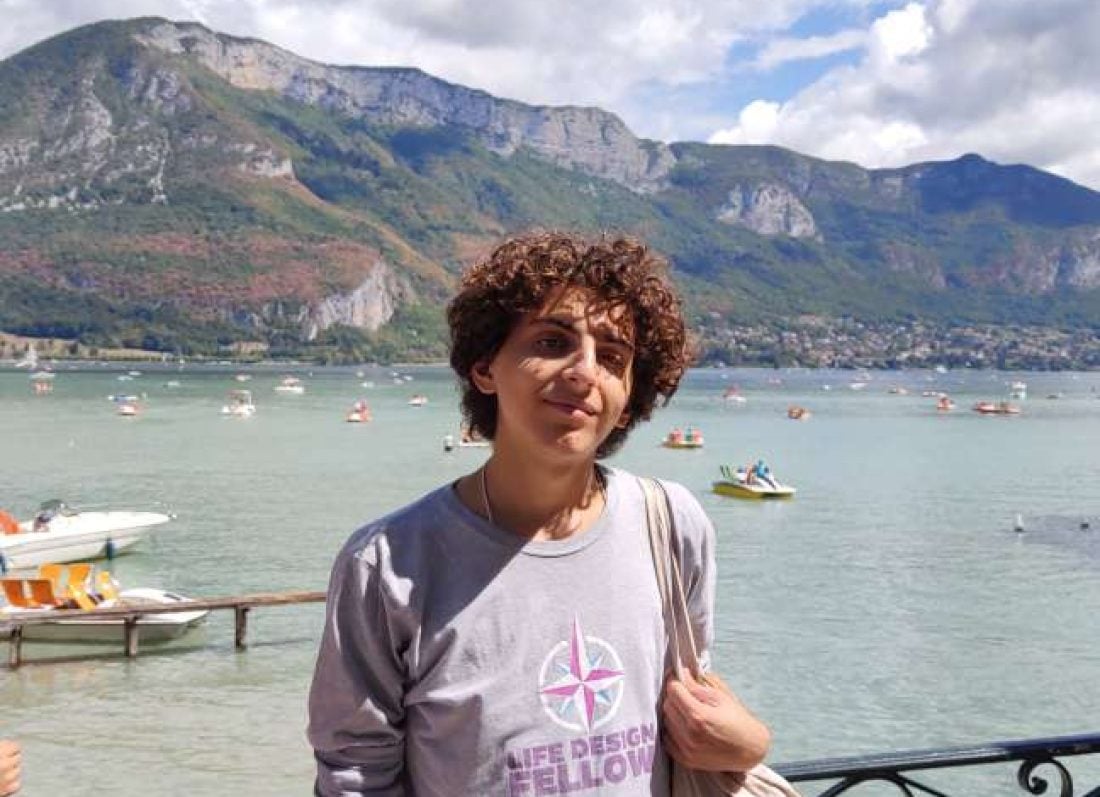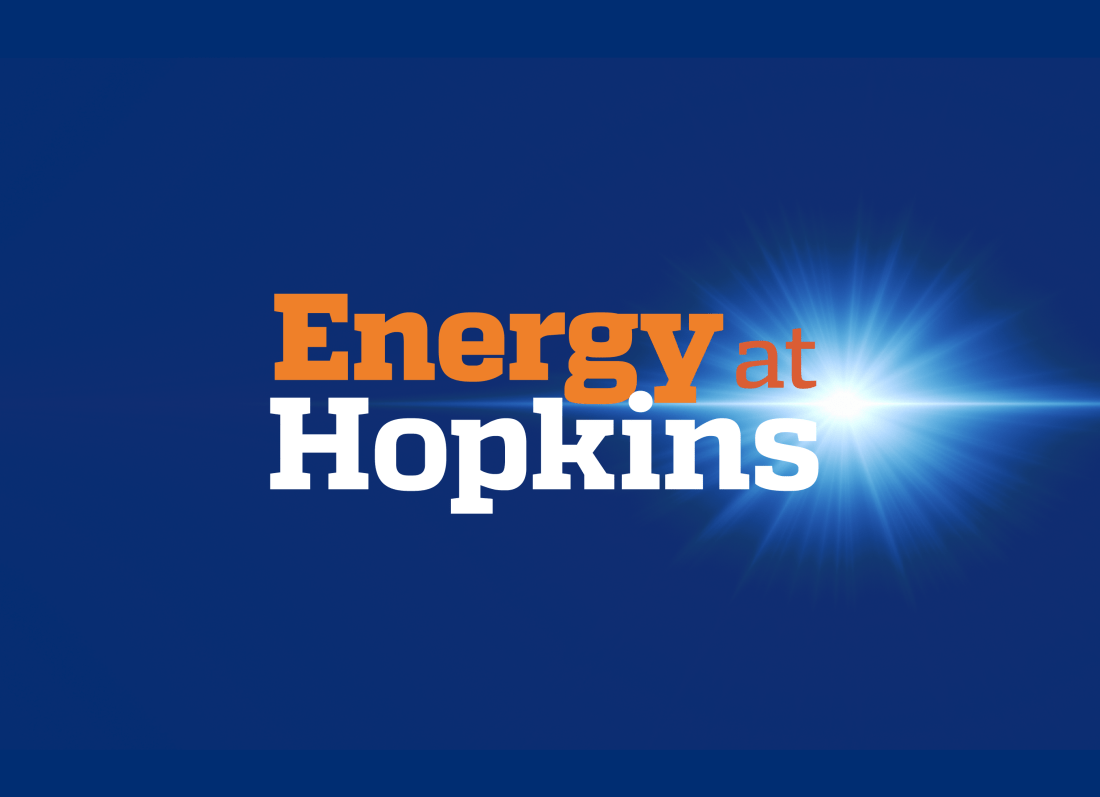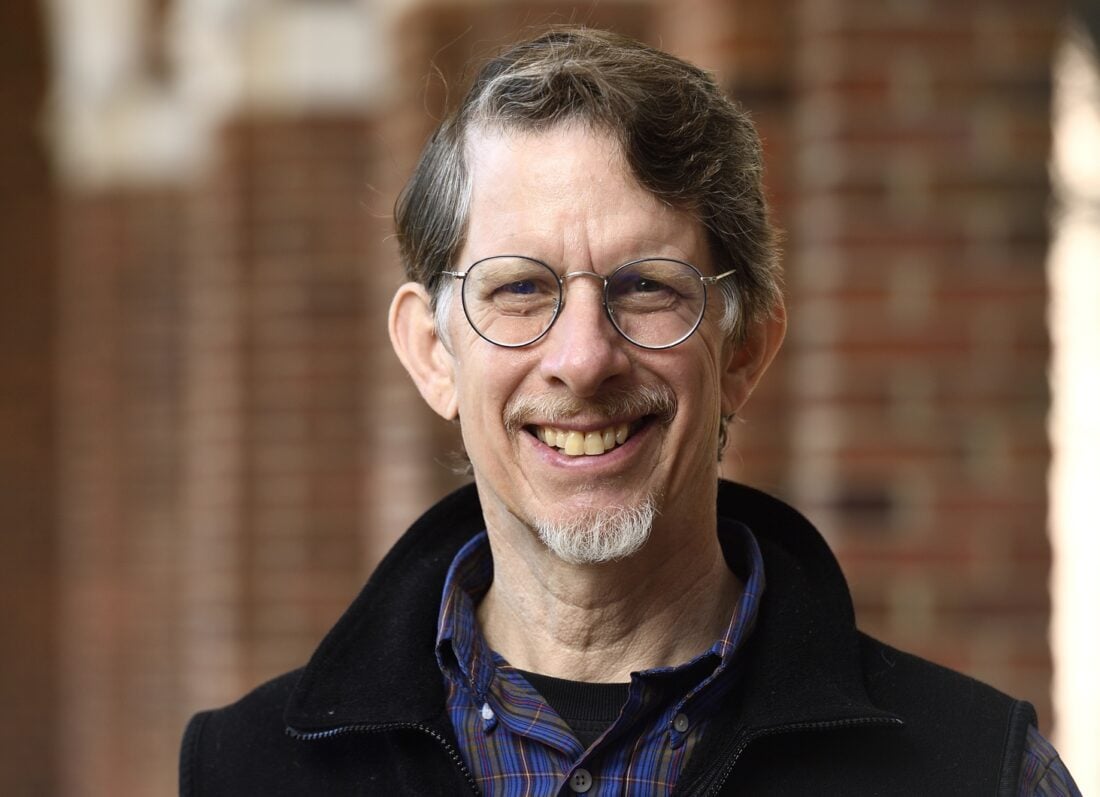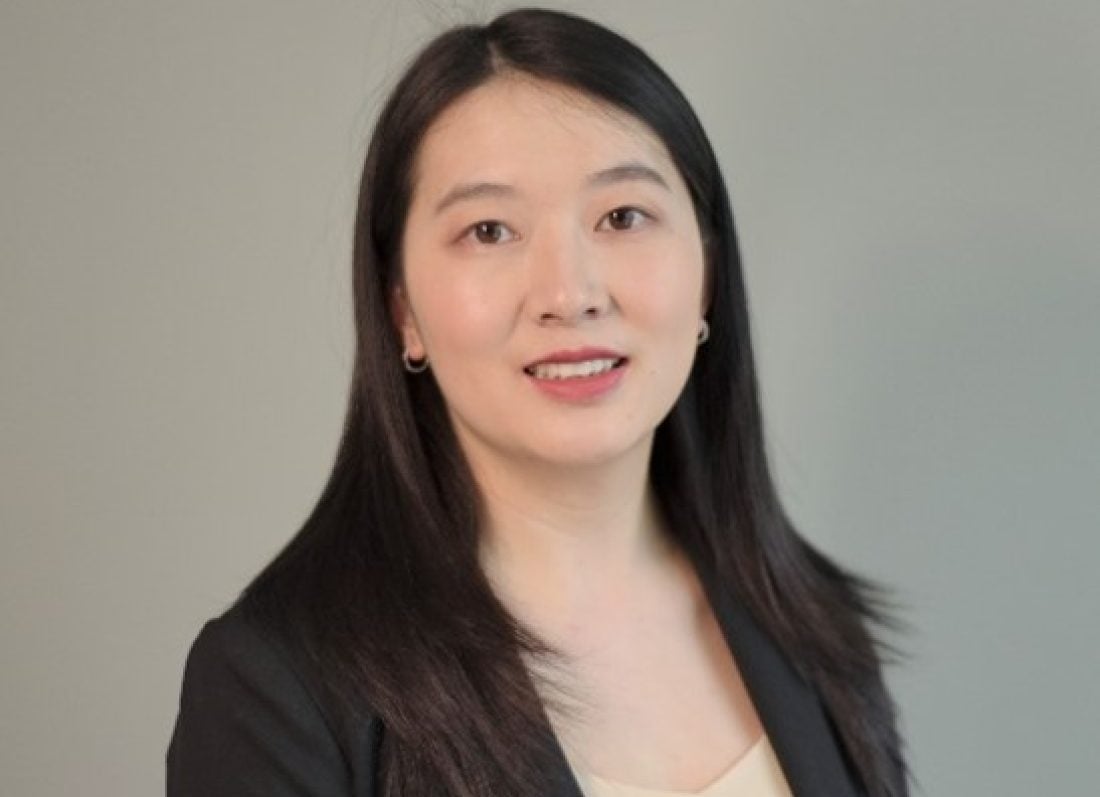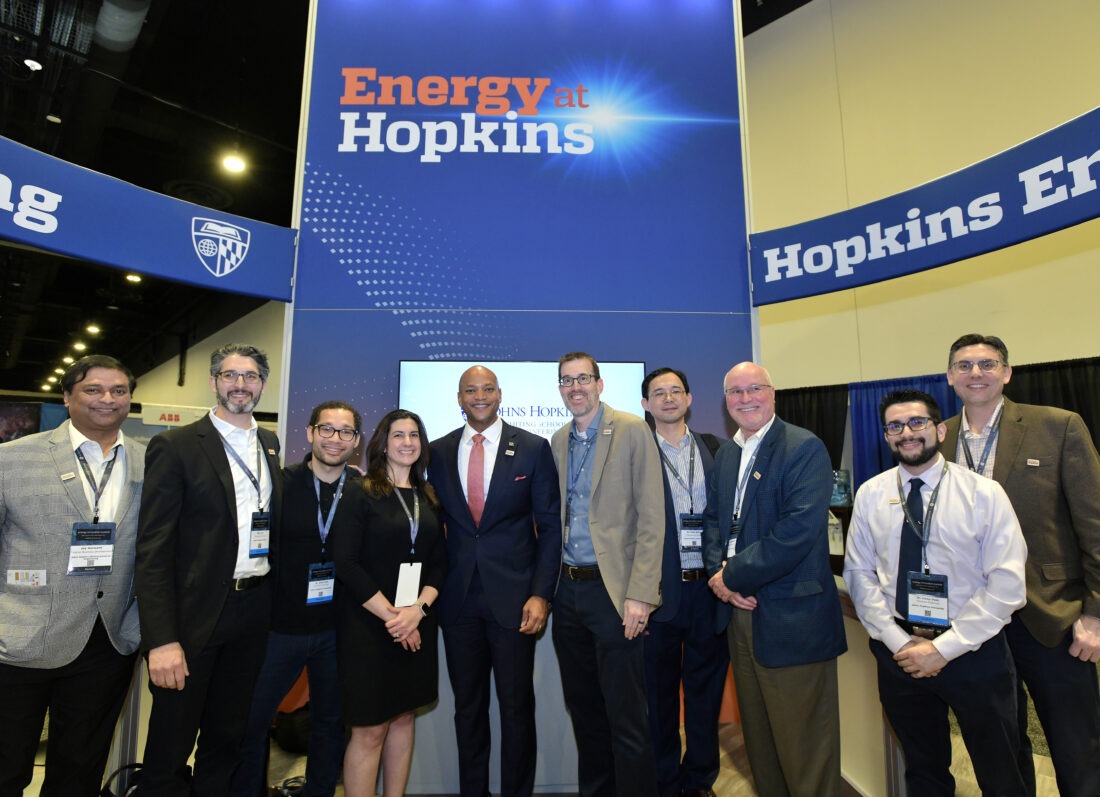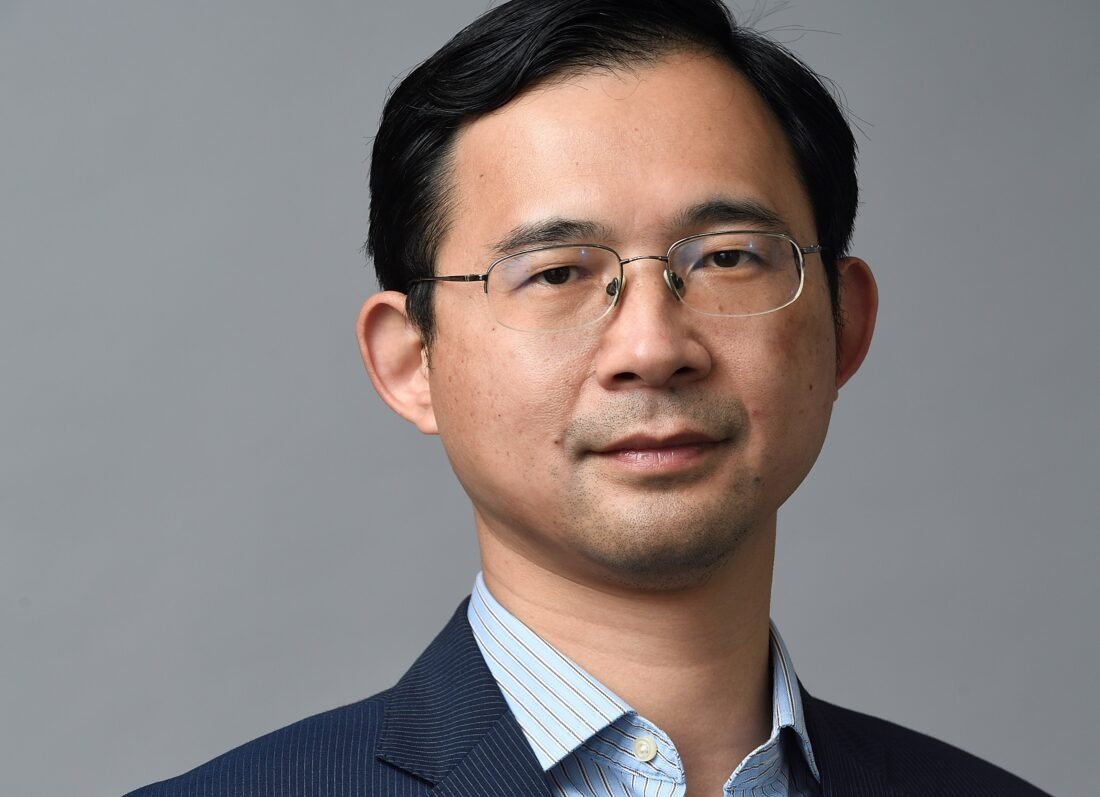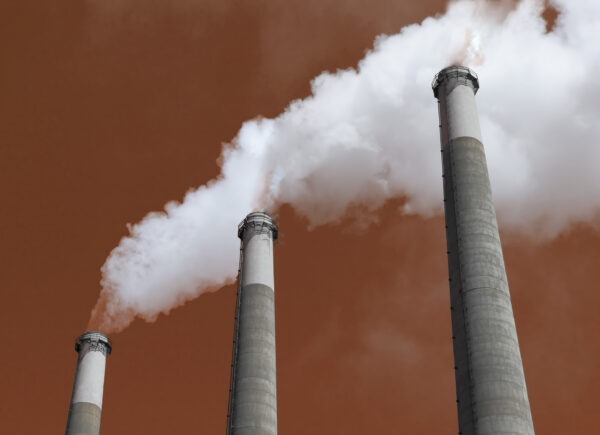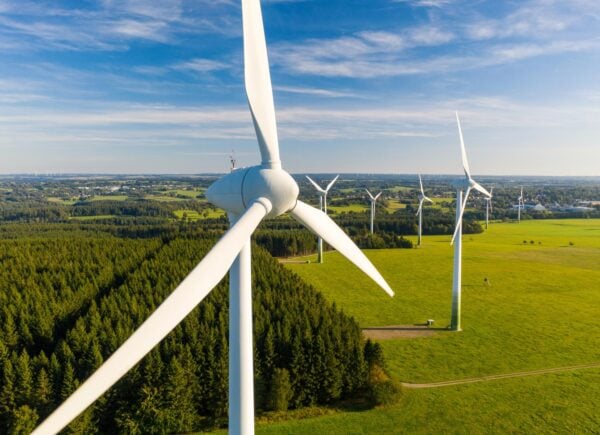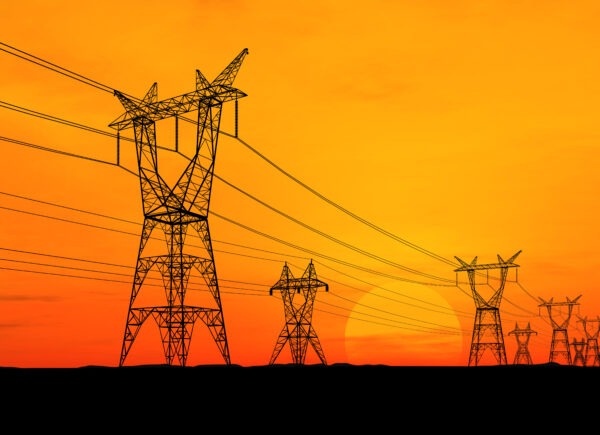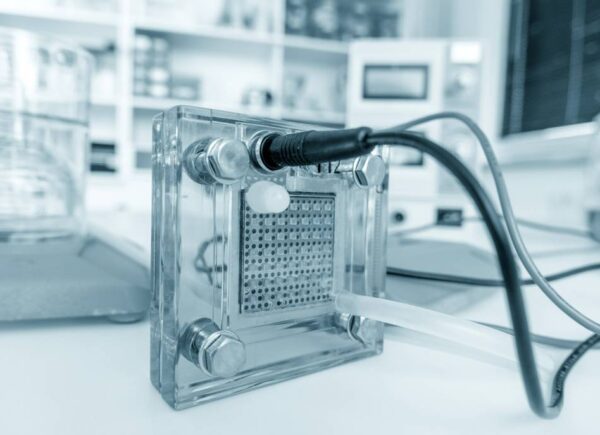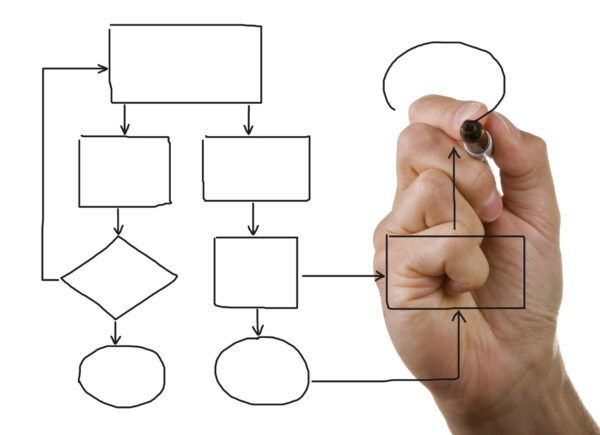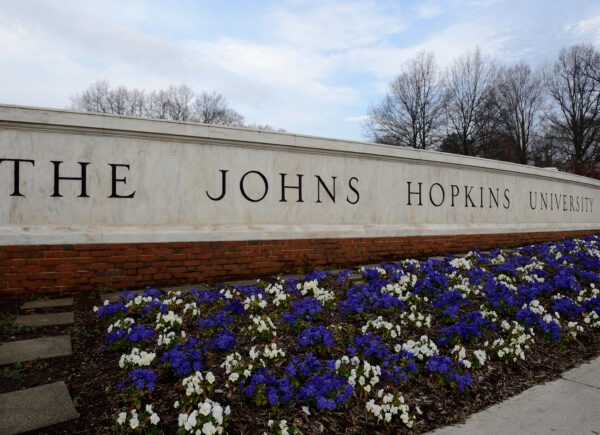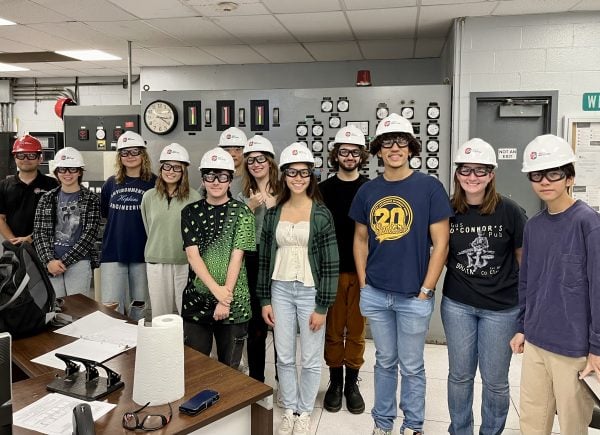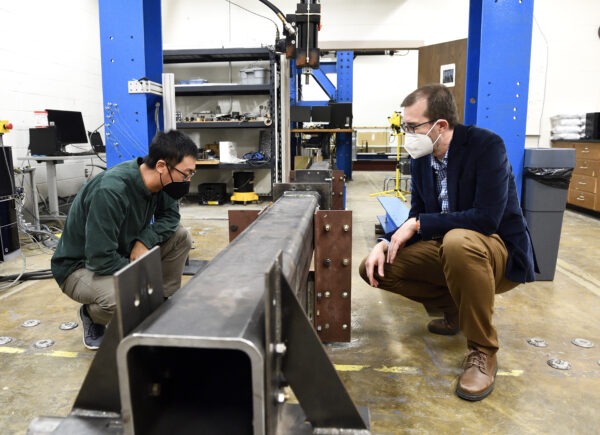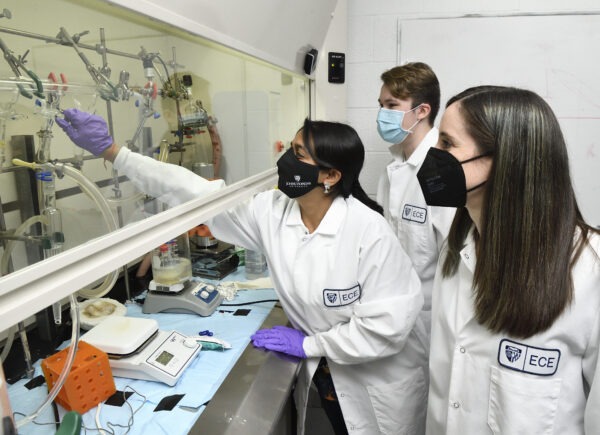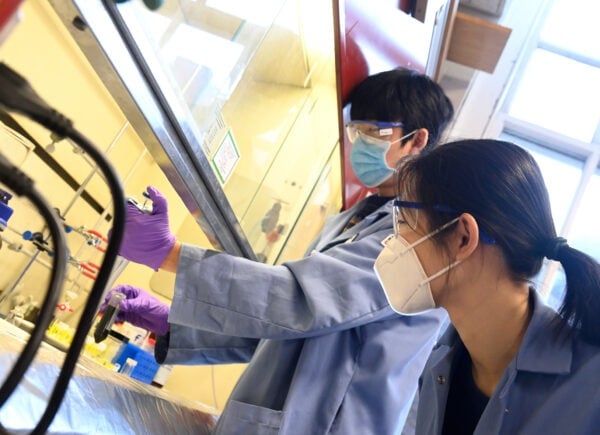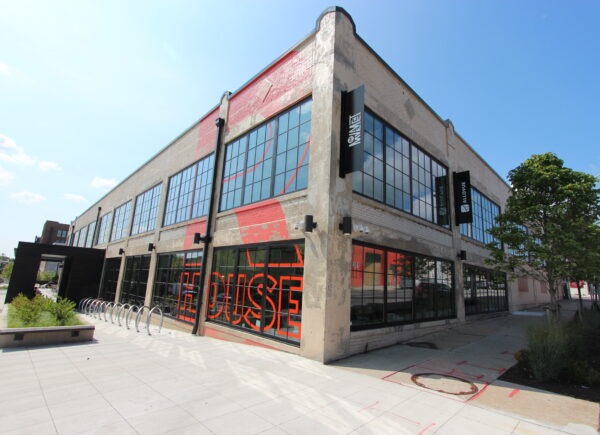Note: This seminar will run from 11 AM - 12 PM. Directly after the seminar there will be a 30 minute discussion of the new ARPA-E RFI about critical minerals and materials (CMM).
Title: Geologic H
2 -
a new primary energy source for the transition to clean energy?
Abstract: Hydrogen is viewed by many as a key component of the transition to clean carbon free energy. The International Energy Agency forecasts that 520 million tons hydrogen from natural gas + carbon capture (so called “Blue Hydrogen”) and the electrolysis of water (“Green Hydrogen”) will be needed by 2050 to attain climate targets.This represents a >5 fold increase from current hydrogen production and use. Both routes have significant challenges - blue hydrogen will have fugitive methane releases and the need to store gigatons of CO2, green hydrogen requires large expenditures for renewable energy and critical minerals.
Meanwhile, beneath our feet, the earth has been continuously generating hydrogen and for the most part mankind did not pay attention to what was right in front of us. This hydrogen is continuously formed by known chemical reactions in the subsurface, sometimes accumulating into reservoirs, sometimes being consumed by parasitic reactions and sometimes seeping into the atmosphere. The chemical potential to form hydrogen is huge, theorized to be in the trillions of tons. Economically harnessing the chemical potential of the earth would be transformational to the US and global economies.
Bio: Dr.
Douglas Wicks currently serves as a Program Director at the Advanced Research Projects Agency-Energy (ARPA E). His focus at ARPA-E is on waste-to-energy, critical mineral mining and geologic hydrogen technologies. Wicks joined ARPA-E from Imerys a French industrial minerals production and processing company, where he was most recently the Director of Transformational and External Innovation. At Imerys he developed an innovation network comprised of academic, contract research organizations, start-ups and strategic partners. Before joining Imerys Wicks worked in a variety of roles at several start-up companies focused on innovative materials. Dr. Wicks began his career at Bayer Corporation, where he ultimately became Vice President of Research for the Coatings and Colorants division. Wicks earned a B.S. in Chemistry from North Dakota State University and a Ph.D. in Polymer Science and Engineering from the University of Massachusetts Amherst. Technical Focus: Critical Materials; Industrial Decarbonization
